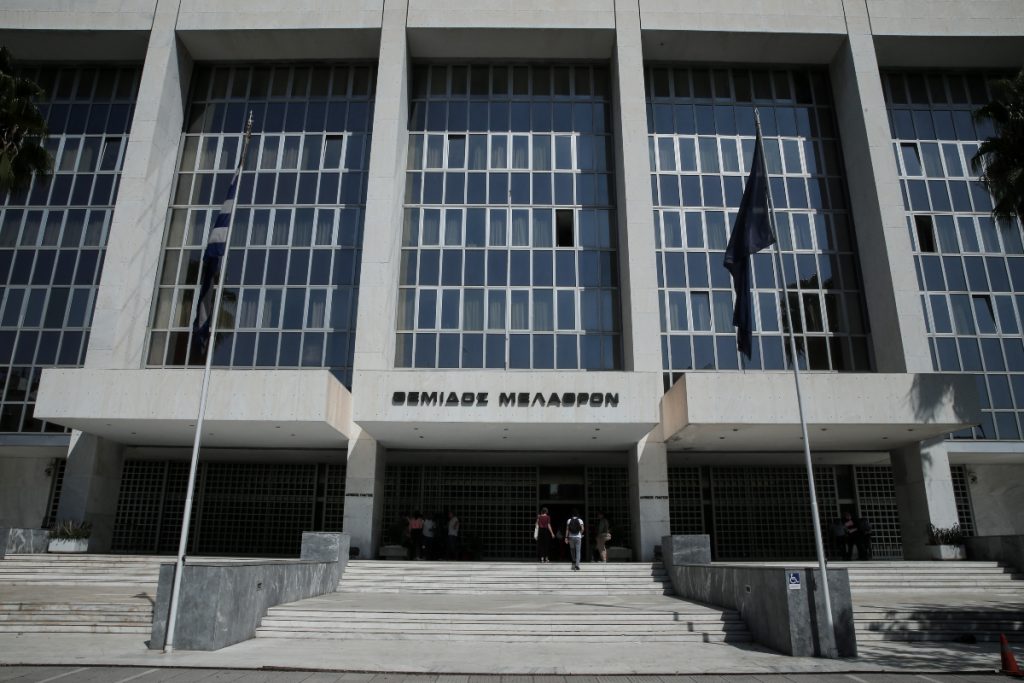In a Monday evening event outside Parliament, the Prime Minister Alexis Tsipras presented his proposals for a constitutional review, which he argued will signal a new political change over, for “the new Greece of 2021”.
The reforms proposed by the Prime Minister can be split into five categories: reforms on the architecture of the political system, strengthening institutions of direct democracy, strengthening the rule of law, State-Church relations and social rights.
During his speech the Prime Minister further specified the changes he proposes:
- Introduction of a constitutional provision for a proportional representation election system
- Constructive vote of no confidence, meaning that such a vote must be accompanied by a proposal for a new Prime Minister
- Possibility of the people electing a new President. If Parliament is unable to elect a new President with a 2/3 majority, then the electorate will be called to choose between the top two candidates
- Increasing the powers of the President ‘reasonably’, in order to strengthen his or her regulatory, stabilizing and guarantor role. This may include addressing Parliament on serious matters, calling meeting of political leaders or even referring approved laws to a special judicial council to determine their constitutionality.
- Limiting MPs to only two consecutive terms in Parliament or eight consecutive years.
- The Prime Minister, aside from caretakers, must be elected, active MPs
- Any treaty altering the State’s sovereign powers must be ratified by a referendum
- Referendums on national issues can be carried out by collecting 500,000 signatures, while 1 million signatures are required for referendums on non-fiscal maters.
- Establishment of a special consultative body consisting solely of Supreme Court judges, that may be called upon from the President, government or 120 MPs to give an opinion on a bill in a very short time
- Abolishing parliamentary immunity, except in the case of offenses directly involved with parliamentary work
- Modifying the existing legislative framework on ministerial liability
- Start talks on the parliamentary monitoring of independent authorities as well as examining the possibility of increasing their number
- Explicit introduction of religious neutrality of the state, while recognizing the Orthodox Christianity is the dominant religion
- Explicitly keeping water and energy under public control
- Clearly outlining collective negotiations as the only means to determine salaries
- Make arbitration obligatory




